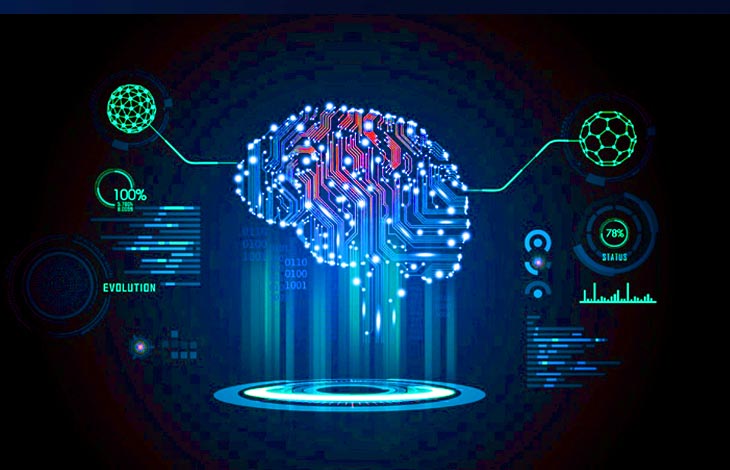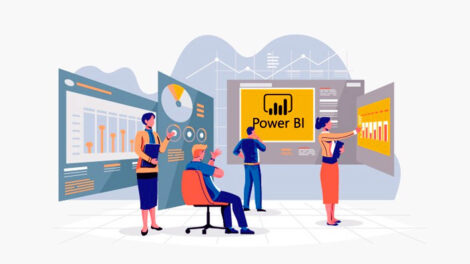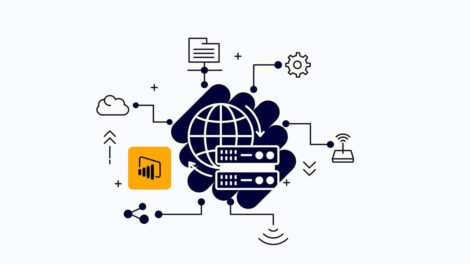In the ever-evolving landscape of marketing and business operations, the integration of Artificial Intelligence (AI) has become a game-changer. From streamlining tasks to enhancing decision-making processes, AI automation agencies are at the forefront of innovation. In this article, we will explore the evolution, benefits, applications, and future trends of AI in agency operations, along with addressing concerns and providing insights into successful case studies.
What AI Automation
A. Definition of AI Automation
AI automation refers to the incorporation of artificial intelligence technologies into various aspects of agency operations to streamline processes and improve overall efficiency. These technologies include machine learning, natural language processing, and data analytics.
B. Growing Significance
With the rapid advancements in AI technologies, agencies are recognizing the need to adopt automation to stay competitive in the market. The growing significance of AI is evident in its ability to handle complex tasks, provide data-driven insights, and enhance customer interactions.
The Evolution of AI in Agencies
A. Early Adoption
The journey of AI in agencies began with the early adoption of machine learning algorithms to analyze data and predict market trends. As technology advanced, agencies started integrating AI into their marketing strategies, leveraging its capabilities for personalized and targeted campaigns.
B. Integration with Marketing Strategies
Today, AI has become an integral part of marketing strategies, allowing agencies to create more effective and efficient campaigns. From analyzing consumer behavior to automating content creation, AI is transforming the way agencies operate in the digital landscape.

Benefits of AI Automation in Agencies
A. Enhanced Efficiency
One of the primary benefits of AI automation in agencies is the significant enhancement of operational efficiency. Repetitive and time-consuming tasks are automated, allowing employees to focus on more strategic and creative aspects of their work.
B. Improved Decision-Making
AI systems can analyze vast amounts of data at incredible speeds, providing agencies with valuable insights for decision-making. This data-driven approach enables agencies to make informed choices that align with their business goals.
C. Cost Reduction
By automating routine tasks and optimizing processes, AI helps agencies reduce operational costs. This cost efficiency allows agencies to allocate resources more effectively, leading to better financial performance.
Common Applications of AI in Agency Operations
A. Data Analysis and Insights
AI algorithms excel in analyzing large datasets, extracting meaningful insights, and predicting market trends. Agencies leverage AI for data-driven decision-making, enabling them to understand consumer behavior and preferences.
B. Chatbots for Customer Interaction
Chatbots powered by AI enhance customer interaction by providing instant responses and personalized experiences. This not only improves customer satisfaction but also frees up human resources for more complex tasks.
C. Personalized Marketing Campaigns
AI enables agencies to create highly personalized marketing campaigns by analyzing individual customer preferences and behaviors. Personalization enhances the effectiveness of marketing efforts, leading to higher engagement and conversion rates.
Addressing Concerns and Misconceptions
A. Job Displacement
One common concern associated with AI adoption in agencies is the fear of job displacement. However, the role of AI is to augment human capabilities rather than replace them. Agencies should focus on upskilling employees to work collaboratively with AI technologies.
B. Privacy and Security
The use of AI in agencies raises concerns about data privacy and security. It is crucial for agencies to implement robust security measures and adhere to ethical practices to safeguard sensitive information.
Future Trends in AI Automation for Agencies
A. Advancements in Machine Learning
The future of AI in agencies holds exciting possibilities with advancements in machine learning. Continuous innovation in algorithms and models will empower agencies to achieve even greater precision and effectiveness.
B. Integration with Emerging Technologies
As AI evolves, integration with emerging technologies such as augmented reality and blockchain is anticipated. This integration will open new avenues for creative marketing strategies and enhance overall customer experiences.
Implementing AI in Small to Medium Agencies
A. Overcoming Challenges
While large agencies may have the resources for seamless AI integration, small to medium-sized agencies may face challenges. However, overcoming these challenges is possible with strategic planning, collaboration, and a focus on specific use cases.
B. Best Practices
Implementing AI in small to medium agencies requires a step-by-step approach. Identifying key areas for automation, investing in user-friendly AI tools, and providing adequate training to staff are crucial best practices.
The Human Element in AI Agencies
A. Collaborative Approach
AI should be viewed as a collaborator rather than a replacement for human skills. A collaborative approach ensures that AI complements human creativity, allowing agencies to harness the best of both worlds.
B. Skill Enhancement for Employees
To fully benefit from AI integration, agencies should invest in upskilling their employees. Training programs can empower staff to work seamlessly with AI technologies, fostering a culture of continuous learning.
Measuring ROI in AI Integration
A. Metrics for Success
Measuring the return on investment (ROI) in AI integration requires defining key performance indicators (KPIs). These may include improvements in efficiency, cost savings, and the impact on marketing campaign success.
B. Continuous Improvement Strategies
Agencies should adopt a mindset of continuous improvement in their AI strategies. Regularly evaluating performance metrics and implementing feedback loops ensure ongoing optimization and success.
Challenges and Limitations
A. Ethical Concerns
The use of AI in agencies raises ethical concerns, such as bias in algorithms and the responsible handling of data. Addressing these concerns requires a commitment to ethical AI practices and transparent communication.
B. Technical Hurdles
Agencies may encounter technical challenges during AI implementation, such as integration issues and system compatibility. A proactive approach to resolving technical hurdles is essential for a smooth transition.
Industry Perspectives and Expert Opinions
A. Interviews with AI Experts
Gaining insights from industry experts provides valuable perspectives on the current state and future trends of AI in agencies. Interviews with experts offer a deeper understanding of challenges and opportunities in the field.
B. Predictions for the Future
Experts predict a continued evolution of AI in agencies, with increased sophistication in algorithms and broader applications. Understanding these predictions helps agencies prepare for upcoming changes and stay ahead in the competitive landscape.
Realizing the Full Potential of AI in Agencies
A. Continuous Learning and Adaptation
Agencies must adopt a mindset of continuous learning and adaptation to fully realize the potential of AI. Staying updated with the latest technological advances ensures agencies remain at the forefront of innovation.
B. Staying Updated with Technological Advances
The field of AI is dynamic, with constant advancements. Agencies should actively stay informed about emerging technologies, attend industry conferences, and foster partnerships to stay ahead of the curve.
Final Thoughts
A. Recap of AI’s Impact on Agencies
the integration of AI automation in agencies has revolutionized the marketing landscape. From enhancing efficiency to improving decision-making, AI offers a plethora of benefits that agencies cannot afford to ignore.
B. The Path Forward
As agencies navigate the future, embracing AI with a strategic and ethical approach will be crucial. The path forward involves collaboration, upskilling, and a commitment to staying informed about the ever-evolving AI landscape.
FAQs
How secure is AI automation in agencies?
AI automation in agencies is secure when proper measures are taken to safeguard data. Implementing encryption, robust access controls, and adhering to data privacy regulations are essential for ensuring security.
Can AI replace human creativity in marketing strategies?
AI complements human creativity rather than replacing it. While AI can analyze data and optimize processes, the human touch is indispensable for creative ideation and strategy development.
What challenges do agencies face during AI integration?
Agencies may face challenges such as technical issues, resistance from employees, and the need for significant investments during AI integration. Overcoming these challenges requires a strategic and collaborative approach.
How can small agencies afford AI implementation?
Small agencies can explore cost-effective AI solutions, collaborate with AI service providers, and focus on specific use cases to afford AI implementation. Strategic planning and gradual integration are key.
Will AI-driven agencies lead to job loss in the industry?
AI-driven agencies aim to augment human capabilities rather than replace jobs. Upskilling employees to work collaboratively with AI technologies ensures a balanced and productive workforce.




